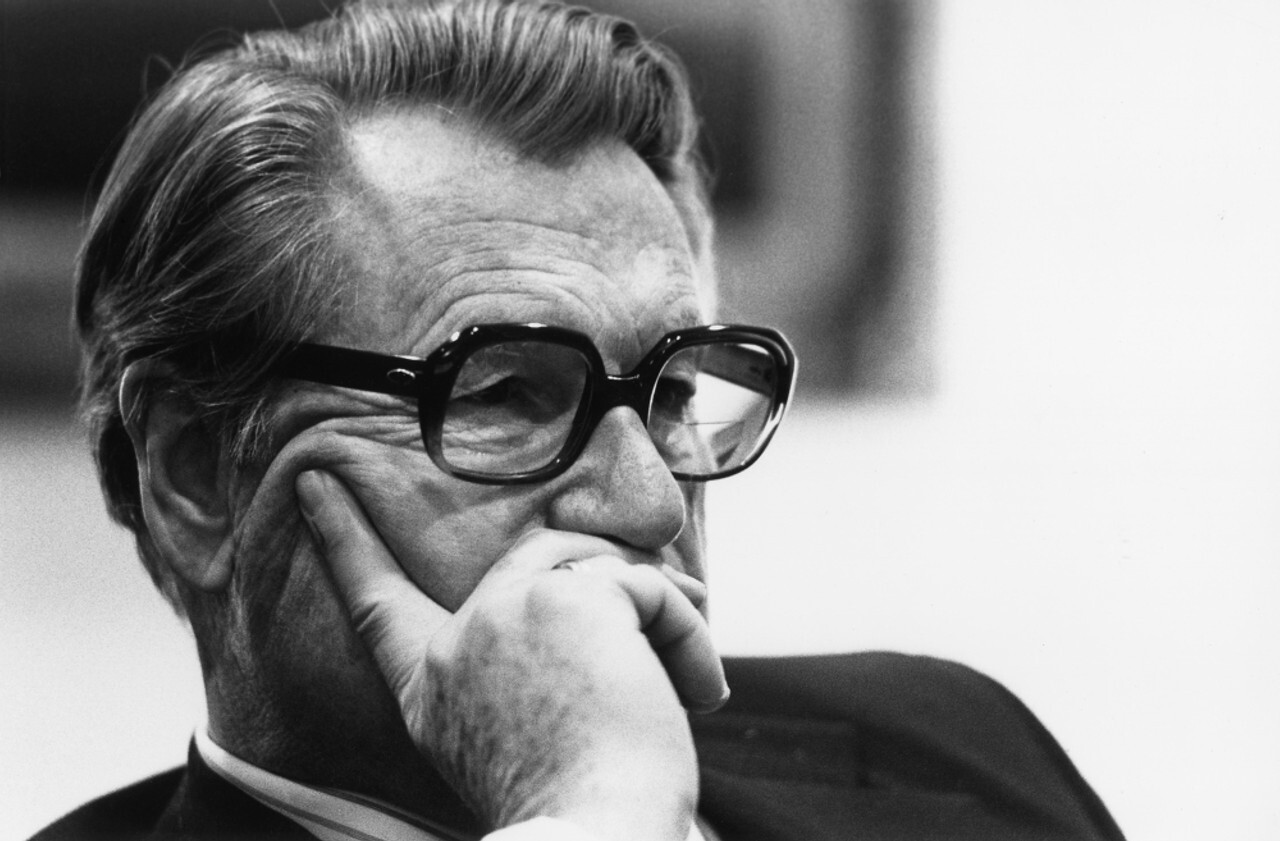
Who was Nelson Rockefeller? Nelson Rockefeller was a prominent American politician, businessman, and philanthropist. Born into the wealthy Rockefeller family, he served as the 41st Vice President of the United States under President Gerald Ford. Before his vice presidency, Rockefeller was the Governor of New York for four terms, where he implemented significant reforms in education, environmental conservation, and infrastructure. Known for his moderate Republican views, he often clashed with the more conservative wing of his party. Beyond politics, Rockefeller had a profound impact on the arts, founding the Museum of Primitive Art and contributing to the Museum of Modern Art. His legacy is a blend of political influence, business acumen, and cultural patronage.
Key Takeaways:
- Nelson Rockefeller was a dynamic figure known for his political career, business ventures, and passion for art and philanthropy. His legacy continues to impact cultural institutions and economic development in Latin America.
- Despite his achievements, Rockefeller faced controversies and criticisms, including his handling of urban renewal projects and the Attica Prison riot. His contributions are posthumously recognized, with honors such as the Presidential Medal of Freedom.
Early Life and Education
Nelson Rockefeller's early years were marked by privilege and opportunity, setting the stage for his future endeavors in politics, business, and philanthropy.
- Nelson Aldrich Rockefeller was born on July 8, 1908, in Bar Harbor, Maine.
- He was the grandson of John D. Rockefeller, the founder of Standard Oil and one of the wealthiest individuals in history.
- Nelson attended the prestigious Lincoln School in New York City, which was known for its progressive educational methods.
- He graduated from Dartmouth College in 1930 with a degree in economics.
Political Career
Rockefeller's political career was extensive, spanning several decades and including various significant roles.
- He served as the 41st Vice President of the United States under President Gerald Ford from 1974 to 1977.
- Nelson was the Governor of New York from 1959 to 1973, serving four terms.
- He was known for his moderate Republican views, often clashing with the more conservative wing of his party.
- Rockefeller ran for the Republican presidential nomination three times—in 1960, 1964, and 1968—but was unsuccessful each time.
- As Governor, he implemented numerous progressive policies, including the expansion of the state's university system and the construction of the Empire State Plaza in Albany.
Business Ventures
Beyond politics, Rockefeller was deeply involved in various business ventures, leveraging his family's wealth and connections.
- He was the president of Rockefeller Center, Inc., from 1938 to 1955, overseeing the development of the iconic New York City complex.
- Nelson played a significant role in the family's philanthropic endeavors, including the Rockefeller Foundation and the Museum of Modern Art.
- He was instrumental in the development of the World Trade Center in New York City.
- Rockefeller also had a keen interest in Latin America, founding the International Basic Economy Corporation to promote economic development in the region.
Art and Philanthropy
Rockefeller's passion for art and philanthropy was evident throughout his life, contributing significantly to cultural and social causes.
- He was an avid art collector, amassing a vast collection of modern and non-Western art.
- Nelson founded the Museum of Primitive Art in New York City in 1954, which later merged with the Metropolitan Museum of Art.
- He donated significant portions of his art collection to various institutions, including the Museum of Modern Art and the Metropolitan Museum of Art.
- Rockefeller was a major supporter of public health initiatives, funding research and programs through the Rockefeller Foundation.
- He established the Nelson A. Rockefeller Institute of Government in 1981 to conduct research on state and local governance.
Personal Life
Rockefeller's personal life was as dynamic as his public career, marked by both triumphs and controversies.
- He married Mary Todhunter Clark in 1930, and they had five children together.
- The couple divorced in 1962, and Nelson married Margaretta "Happy" Fitler Murphy the same year.
- His second marriage was controversial, as it occurred shortly after his divorce and involved a significant age difference between the couple.
- Rockefeller was known for his energetic and charismatic personality, often described as larger-than-life.
- He had a passion for outdoor activities, including skiing, hiking, and horseback riding.
Legacy and Impact
Rockefeller's legacy is multifaceted, reflecting his contributions to politics, business, art, and philanthropy.
- He is remembered for his efforts to modernize New York State's infrastructure and education system.
- Nelson's moderate Republican stance influenced the party's policies during the mid-20th century.
- His art collection and philanthropic contributions have left a lasting impact on cultural institutions worldwide.
- The Nelson A. Rockefeller Center for Latin American Art at the San Antonio Museum of Art is named in his honor.
- Rockefeller's work in Latin America helped foster economic development and cultural exchange between the region and the United States.
Controversies and Criticisms
Despite his many achievements, Rockefeller's career was not without controversy and criticism.
- His aggressive urban renewal projects in New York City were criticized for displacing low-income residents.
- The Attica Prison riot in 1971, which resulted in the deaths of 43 people, occurred during his tenure as Governor and drew significant criticism for his handling of the situation.
- Some viewed his extensive use of state funds for public works projects as fiscally irresponsible.
- His divorce and subsequent remarriage were scandalous at the time, affecting his political career.
Death and Posthumous Recognition
Rockefeller's death was sudden, but his contributions continue to be recognized and celebrated.
- Nelson Rockefeller died of a heart attack on January 26, 1979, at the age of 70.
- His death was surrounded by rumors and speculation, as he was with a young aide at the time.
- Posthumously, Rockefeller has been honored with numerous awards and recognitions, including the Presidential Medal of Freedom.
Nelson Rockefeller's Legacy
Nelson Rockefeller's life was a whirlwind of politics, art, and philanthropy. He served as Vice President under Gerald Ford, but his influence stretched far beyond politics. As a passionate art collector, he helped shape the Museum of Modern Art in New York. His philanthropic efforts left a lasting impact on education and public health. Despite facing controversies, his contributions to society remain significant. Rockefeller's legacy is a testament to his dedication to public service and cultural enrichment. His story reminds us that one person can indeed make a difference in various fields. Whether through politics, art, or charity, Rockefeller's multifaceted life continues to inspire. His achievements and challenges offer valuable lessons for future generations. Nelson Rockefeller's enduring influence is a powerful reminder of the impact one individual can have on the world.
Frequently Asked Questions
Was this page helpful?
Our commitment to delivering trustworthy and engaging content is at the heart of what we do. Each fact on our site is contributed by real users like you, bringing a wealth of diverse insights and information. To ensure the highest standards of accuracy and reliability, our dedicated editors meticulously review each submission. This process guarantees that the facts we share are not only fascinating but also credible. Trust in our commitment to quality and authenticity as you explore and learn with us.


